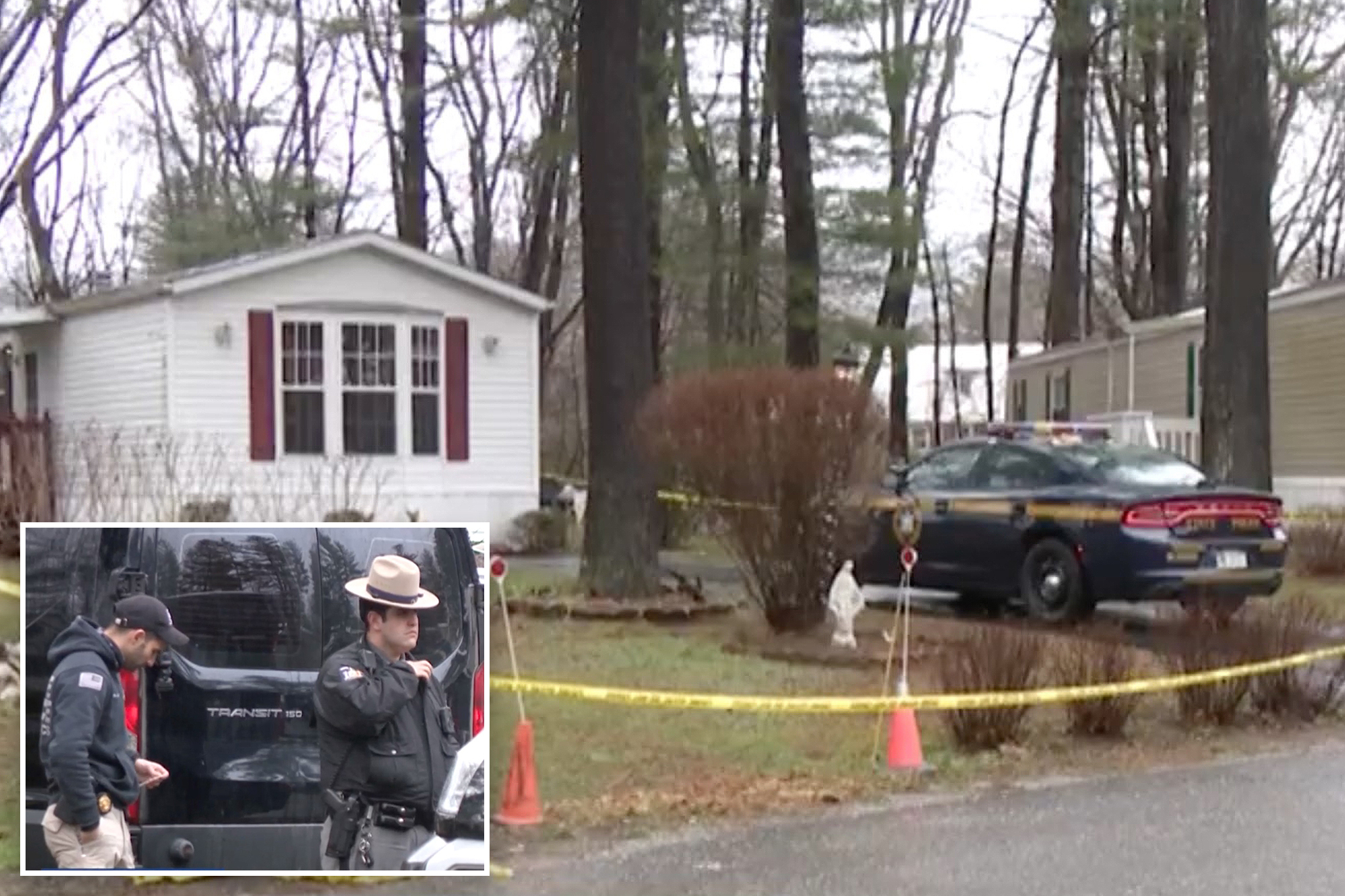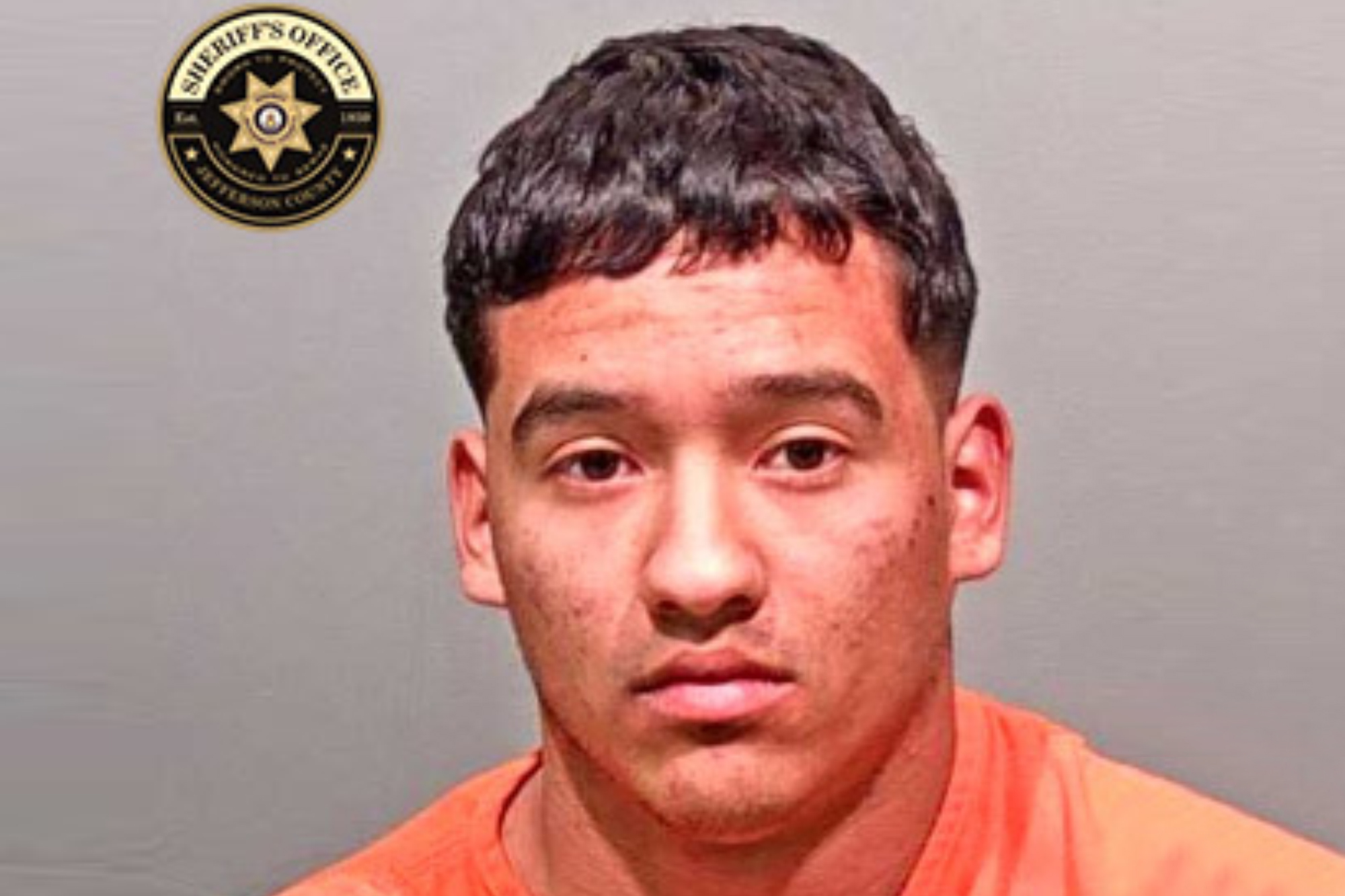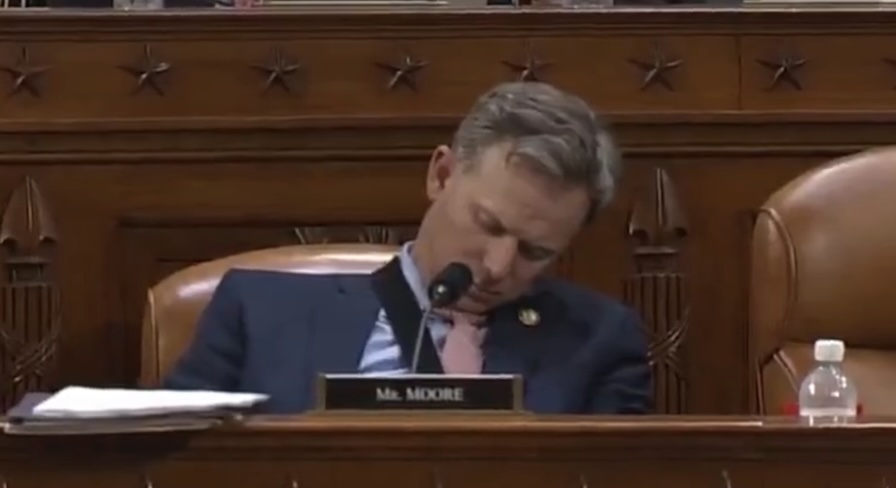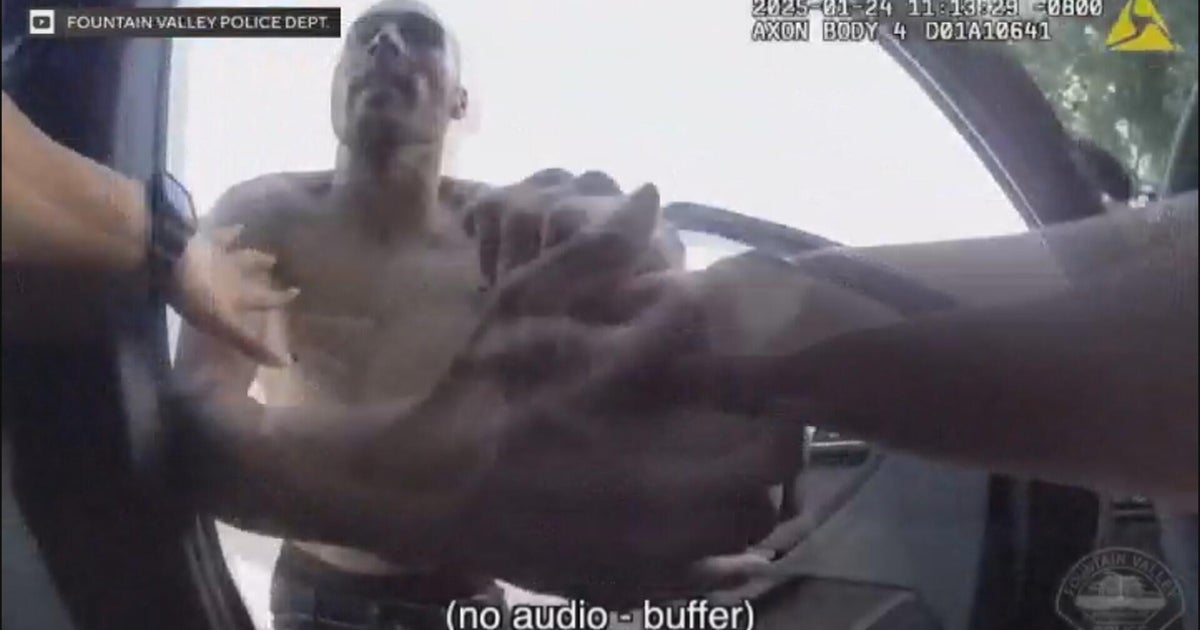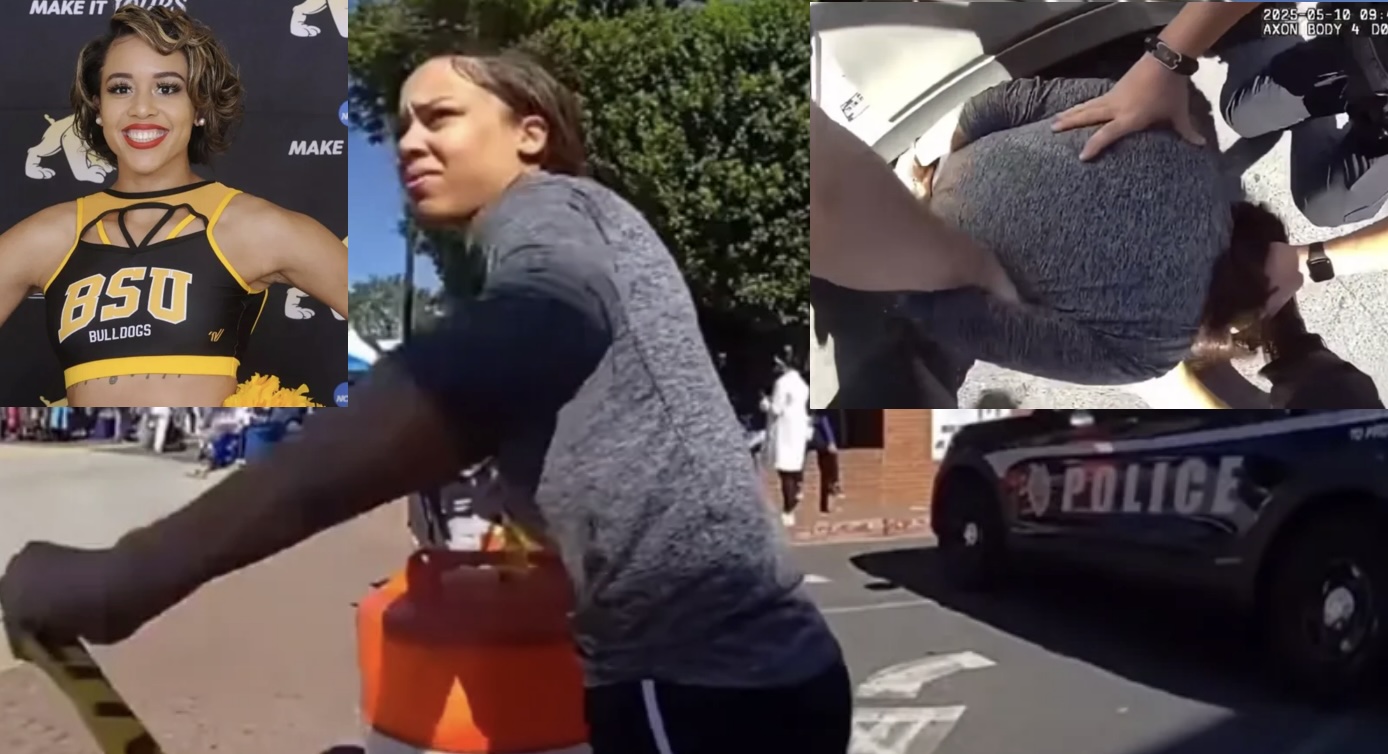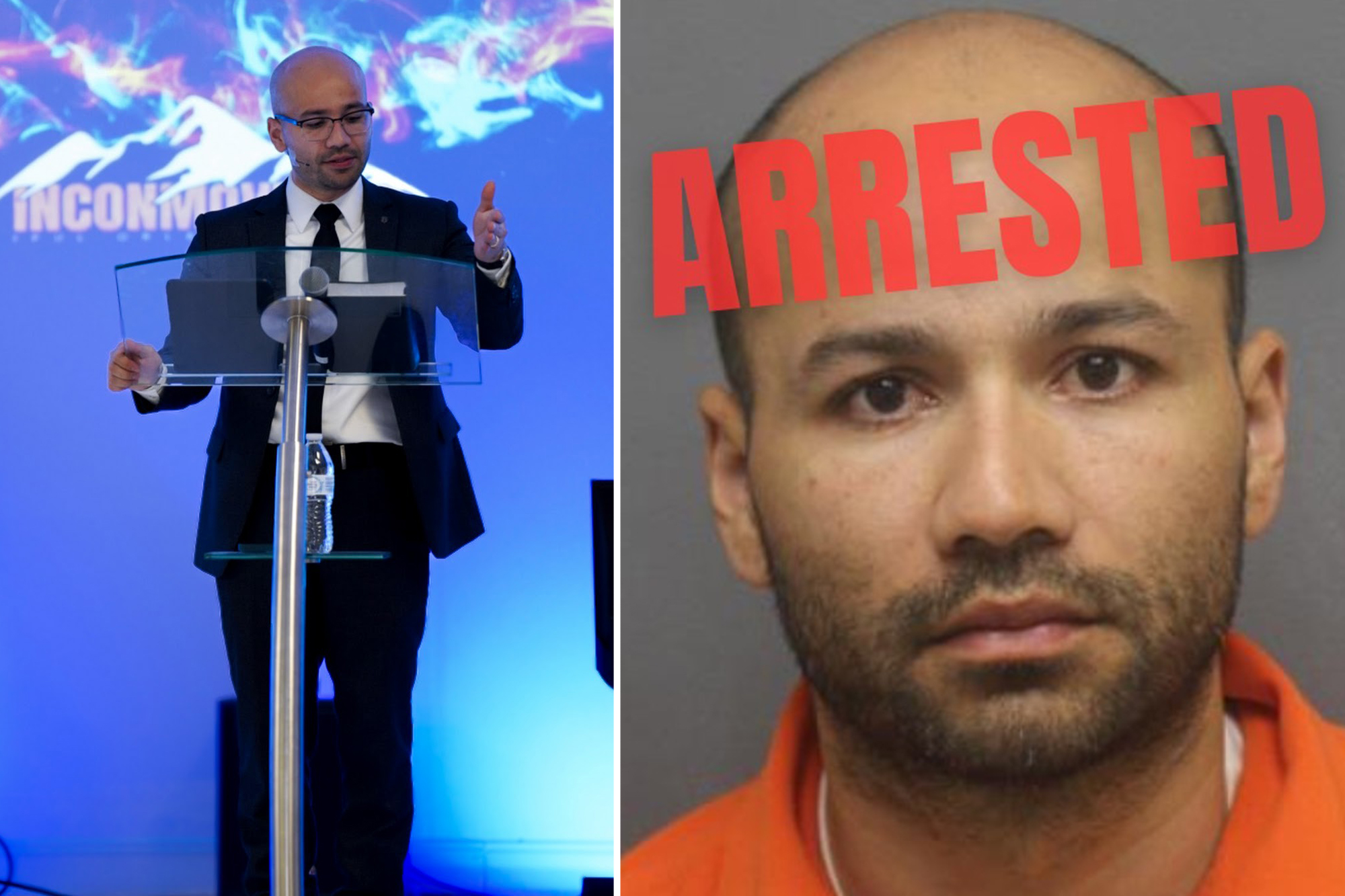Driver Found Guilty of First-Degree Murder in Fatal Rock-Throwing Incident Involving Colorado Teens
The saga surrounding a tragic incident in Colorado has taken a dramatic turn, as the last of three friends involved in the fatal rock-throwing case was convicted of first-degree murder. This verdict was delivered on a Friday, marking a significant moment in a case that has captured public attention.
In 2023, a group of teens was driving around suburban Denver, engaging in reckless behavior by throwing rocks at passing vehicles. This reckless act resulted in the death of 20-year-old Alexa Bartell, a crime that prosecutors have classified as murder. The incident has raised serious questions about accountability and the consequences of such dangerous actions.

After two of the defendants accepted plea deals, the jury ultimately found the third defendant, Joseph Koenig, guilty following a two-week trial. The trial was marked by conflicting testimonies and shifting narratives from the defendants, making it a complex case for the jurors to navigate. Sentencing for Koenig is set for June 3, and the outcome could have significant implications for his future.
Now 20 years old, Koenig maintained throughout the trial that he was not the one who threw the rock that killed Bartell. Instead, he claimed that another member of the group was responsible. However, the two friends who accepted plea deals testified against him, stating that Koenig was indeed the one who threw the fatal rock.

Chief Deputy District Attorney Katharine Decker presented compelling evidence to the jury, arguing that the damage to Bartell’s vehicle was consistent with Koenig, who is left-handed and was driving at the time, throwing the rock out of the driver’s side window. This detail was crucial in establishing his involvement in the crime.
Even if the jurors were not entirely convinced that Koenig threw the rock, Decker urged them to find him guilty of first-degree murder as a conspirator, given that his friends had already pleaded guilty to lesser charges. The prosecution's strategy hinged on the idea that all three were complicit in the reckless behavior that led to Bartell's death.

The defense, on the other hand, did not dispute Koenig's participation in the rock-throwing spree but argued that it was Zachary Kwak, another defendant, who threw the fatal rock. Koenig's attorneys contended that he was unaware anyone had been injured until they saw Bartell’s car veer off the road. They also introduced the argument that Koenig suffered from borderline personality disorder, which they claimed affected his impulse control and judgment during the incident.
One of Koenig’s lawyers, Martin Stuart, urged the jury to consider a lesser charge of manslaughter, arguing that Koenig did not have the intent to kill Bartell. The jury had the option to find him guilty of manslaughter as a conspirator, even if they did not believe he threw the rock himself.
On the night of the incident, after witnessing Bartell’s car leave the road, the three friends reportedly circled back multiple times to look at the scene. Testimony revealed that one of them, Kwak, even took a photo as a memento, but none of them checked on Bartell or called for help. This lack of action raised further questions about their moral responsibility in the situation.

Bartell’s body was discovered only after her girlfriend, Jenna Griggs, tracked her phone to a field following a phone call that abruptly cut off. The investigation revealed that the only DNA found on the fatal rock belonged to Bartell, making the testimonies from Kwak and Karol-Chik pivotal for the prosecution's case.
Despite an agreement among the friends not to discuss the incident, Kwak later told investigators that Koenig had thrown the fatal rock. Karol-Chik, who initially pointed the finger at Kwak, eventually changed his story, implicating Koenig in the act.
Karol-Chik, who was in the passenger seat while Koenig drove, testified that Koenig appeared “excited” as they passed Bartell’s car, even making celebratory sounds. He admitted to placing the rock next to Koenig, suggesting that he intended for Koenig to throw it.
During cross-examination, Koenig’s lawyers attempted to undermine the credibility of the other defendants’ accounts. Karol-Chik acknowledged that he had no reason to protect anyone anymore, which raised doubts about the reliability of his testimony.

Contradictions emerged between Karol-Chik and Kwak regarding the number of rocks thrown that night. While Karol-Chik claimed they each threw about ten rocks, Kwak denied throwing any. The defense highlighted that Kwak did not accuse Koenig of throwing the rock until a detective suggested that he himself might be implicated.
Despite the defense's efforts to portray the incident as a reckless but unintentional act, the prosecution maintained that the actions of the three friends created a grave risk of death. Kwak entered a plea deal in May 2024, pleading guilty to first-degree assault in Bartell’s death, acknowledging his role in the events that led to her tragic demise. He faces a prison sentence of 20 to 32 years.
Shortly after, Karol-Chik also accepted a plea deal, pleading guilty to second-degree murder and committing a crime of violence. He faces a potential prison sentence of 35 to 72 years for his actions that night, which included throwing rocks at multiple individuals.




